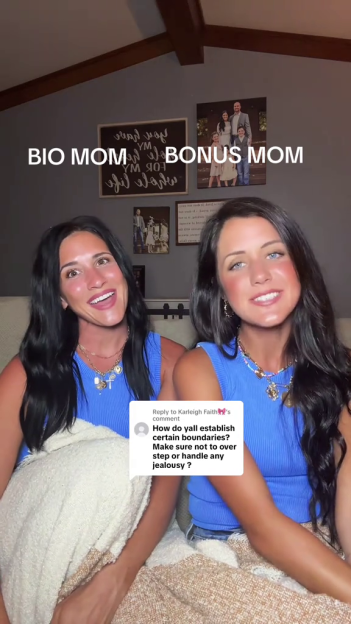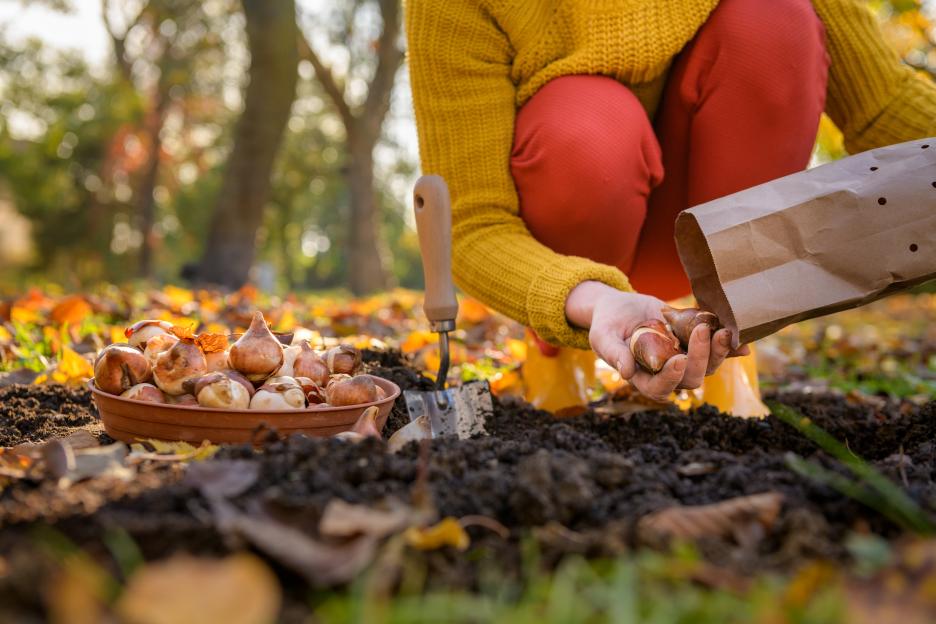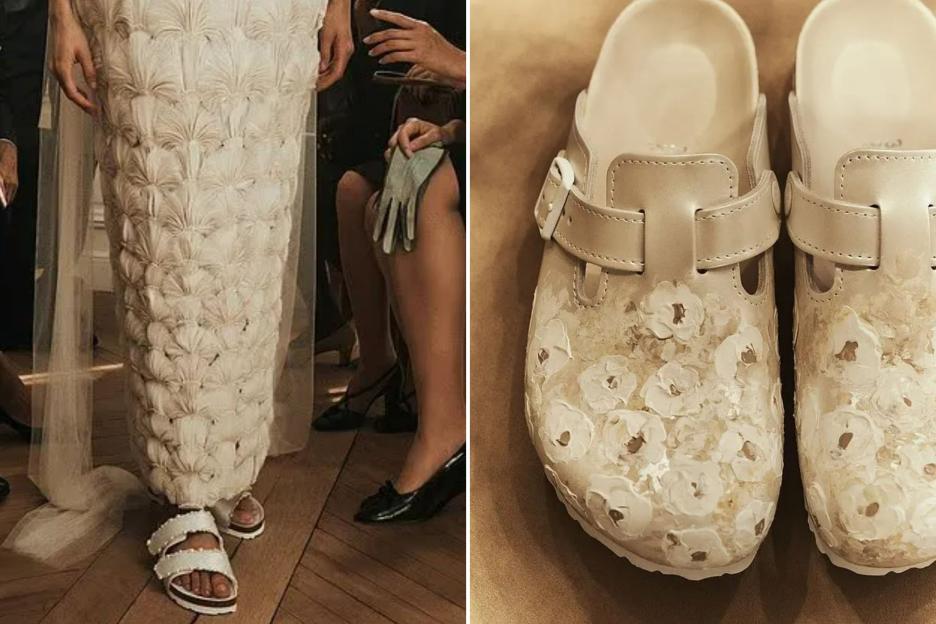AS I tucked into a big plate of spaghetti Bolognese, I watched my mum Yvonne take her defrosted ready meal over to the microwave.
Our freezer was packed with little purple boxes of that looked and smelt horrible compared to the healthy homecooked dinners Mum prepared for the rest of the family.
 Nelly London, from Brighton, struggled with food after witnessing her mum calorie-counting as a child
Nelly London, from Brighton, struggled with food after witnessing her mum calorie-counting as a child Nelly reveals she never saw her mum Yvonne never eat normally whilst growing up
Nelly reveals she never saw her mum Yvonne never eat normally whilst growing up Nelly started to form her own unhealthy habits aged 12
Nelly started to form her own unhealthy habits aged 12Perpetually on a , she never ate normally â but sadly that was normal in our house.
It was only many years later that I realised how sad it was that she weighed out every ingredient she ate for decades.
Apart from a brief flirtation with , Mum was pretty loyal to , diligently keeping track of her points and attending weekly weigh-ins.
Her were eaten separately from me, my brother and father, with dinners incredibly rare.
Studies have found that children whose parents diet, or stress about their weight, have a higher risk of developing weight-related issues themselves.
And kids whose parents suffer from disordered eating are, in turn, more likely to develop an .
Mum had worked as an air hostess before having children, a career that came with an expectation of a certain physique in the 1980s and 1990s.
Years later, I’d learn that my grandmother had warned her against eating butter when she was just eight, in case she got fat.
The lesson she’d been taught in childhood was that it didn’t matter what you were as a woman, as long as you were slim.
Mum never intended to pass the same philosophy down to me, but actions speak louder than words.
My young mind unconsciously noted how adult women ate differently to children and men, in order to keep their thighs and tummy as small as possible.
Looking back, it’s heartbreaking how unremarkable it all seemed.
There was a phase when she was constantly nibbling on raw carrot sticks, like a rabbit, because they were ‘allowed’ in unlimited quantities.
But after a year, her hands and feet turned yellowy-orange, like she was jaundiced, and my dad sent her to the doctor.
It turned out the beta-carotene in the vast quantity of her veggie snacks had made her skin change colour â a condition called .
She stopped eating them, but didn’t ditch her diet.
There was the harmful language used among her friends, too, which is still so common.
I had quietly absorbed the language and learnings of diet culture, forming my own unhealthy habits
Certain foods would be “naughty”;; and more often than not, Mum would turn down a piece of cake or another ‘treat’, saying: “I’m going to be good today.”;;
Scales were a permanent fixture in our bathroom â along with a pad of paper where Mum, who was a healthy size 10-12 at the time, religiously noted down the stones and pounds they registered daily.
By the time I was 12, I was following her lead and obsessively checking the vital statistics of my rapidly changing body.
I had quietly absorbed the language and learnings of diet culture, forming my own unhealthy habits.
‘Stuck in cycle’
To me, it was an inevitable part of being female.
I was sucked into a cycle of disordered eating throughout my teens, experiencing , and .
There were times when I was so hungry at , I could just about muster the energy to walk from class to class, never mind concentrate on lessons.
My friends would call me weird for only eating cucumber for lunch and pushing a jacket potato around my plate, but no one delved any deeper.
My skinny legs were put down to a growth spurt.
I was permanently cold and incredibly angry too, my changing hormones made worse from the lack of nutrients.
But it wasn’t until I was 18 that I got professional help and my GP referred me to an eating disorders specialist.
 Nelly experienced anorexia, bulimia and binge-eating throughout her teen years
Nelly experienced anorexia, bulimia and binge-eating throughout her teen years ‘We need to try and break the cycle of this toxic diet culture’, she says
‘We need to try and break the cycle of this toxic diet culture’, she saysI think it took Mum time to notice how bad it was because being weird around food was her life.
Only when the binge eating really kicked in, after I started college, did my family realise they needed to intervene â because I’d put on 5st in about two years.
It says a lot about our society and how it views women’s bodies that help only came when I was becoming obese, not starving myself thin.
I saw a specialist into my early twenties and continue to work hard at prizing good above thinness.
I’d scared myself by having constant kidney pain when I was binge-eating, realising that it could lead to long-term harm.
 Nelly and her mum can now sit down together and eat
Nelly and her mum can now sit down together and eatToxic culture
Unfortunately, I may always have struggles with food, but I put effort into understanding it.
For the last five years, I’ve been a full-time content creator, using my account to share honestly and positively about body image and eating disorders.
Mum, now 65, has come a long way too.
Today we can sit down to eat together, enjoying a roast or a takeaway.
But years of controlling her diet mean she still eats off a child’s plate and her appetite is small.
Reflecting on my childhood, I can see it wasn’t my mum’s fault. It was the system she grew up in.
will change over time, but so-called wellness companies will continue trying to make a profit out of insecurities they help to create.
We need to try and break the cycle of this toxic culture. Look at the rise of weight loss jabs.
Manufacturers claim these medications help users’ health by fighting , but what’s not being helped is their mind.
How will the kids of today be affected by seeing their -taking mums nibble on tiny portions while they eat a full dinner?
Or by spotting those injections lurking at the back of the fridge? It’s scary and I’m living proof it will leave an impression.
That’s why I made a video for Instagram recently, with my mum’s blessing, talking about the impact of being raised by a WeightWatchers mum.
I don’t feel angry at the company â it was a product of the time â but I do feel angry towards who take the of these sorts of brands and endorse them.
How will the kids of today be affected by seeing their Ozempic-taking mums nibble on tiny portions while they eat a full dinner?
I was glad to hear they filed for recently, with the rise of cited as one of the causes for their demise. But others will step into the void.
After posting the video, I had hundreds of comments. Many were heartbreaking, but it confirmed that our situation is not unique.
Now we need to break the cycle for good and free the next generation from this toxic obsession with being thin.
Nelly’s mum Yvonne says: “Seeing Nelly’s struggles has been really hard and I have related to everything she has ever posted about body image and food.
“Her video about our story was the truth and she has a way of wording things that is so powerful. I wanted her to share it to help others.
“I don’t think I’ll ever be able to let go of the calorie-counting or dieting completely.
“My habits are so deeply ingrained, but I am doing my best to unlearn things I have been taught since I was a child.”;;
Follow Nelly on Instagram and @_nelly_london
- You can contact Beat, the UK’s eating disorder charity, on0808 801 0677or beateatingdisorders.org.uk







